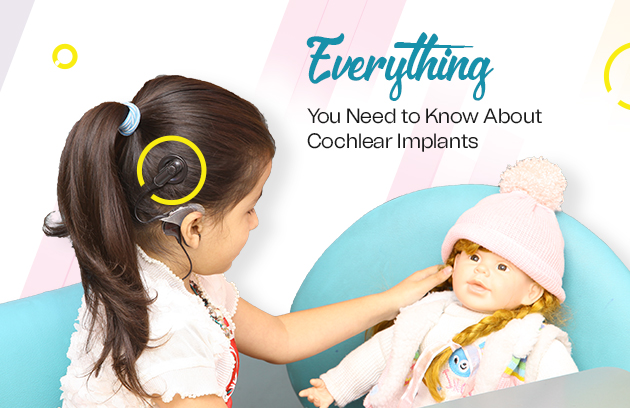Hearing loss can profoundly impact a person’s quality of life, affecting their ability to communicate, interact, and engage with the world around them. While hearing aids have long been a go-to solution, there’s another remarkable innovation that has transformed the lives of individuals with severe to profound hearing loss: cochlear implants. In this comprehensive guide, we’ll delve into the world of cochlear implants, exploring what they are, how they work, who they’re suitable for, and the potential benefits they offer.
What Are Cochlear Implants?
Cochlear implants are sophisticated medical devices designed to provide a sense of sound to individuals with severe to profound hearing loss who do not benefit significantly from traditional hearing aids. Unlike hearing aids, which amplify sound, cochlear implants work by directly stimulating the auditory nerve to send signals to the brain, bypassing the damaged or non-functional parts of the inner ear.
How Do Cochlear Implants Work?
1. Microphone and Processor: Cochlear implants consist of an external component with a microphone that picks up sounds from the environment. These sounds are processed in a speech processor worn externally, which converts them into digital signals.
2. Transmitter and Receiver: The processed signals are sent to an implant placed behind the ear. This implant consists of a transmitter that sends the digital signals to an array of electrodes inserted into the cochlea, the spiral-shaped structure in the inner ear responsible for hearing.
3. Electrode Stimulation: The electrodes stimulate the auditory nerve fibers in the cochlea, sending signals to the brain’s auditory centers. The brain interprets these signals as sound, allowing the individual to perceive and understand speech and environmental sounds.
Who Are Candidates for Cochlear Implants?
Cochlear implants are typically considered for individuals who:
• Have severe to profound sensorineural hearing loss in both ears.
• Gain limited benefit from hearing aids due to the extent of their hearing loss.
• Show a willingness and commitment to undergo the evaluation, surgery, and rehabilitation process.
The Cochlear Implant Journey:
1. Evaluation: The process begins with a thorough assessment by an audiologist and a medical evaluation by an otolaryngologist (ear, nose, and throat specialist) to determine if the individual is a suitable candidate.
2. Surgery: If deemed suitable, the surgical implantation of the internal device is performed. The surgery is generally safe and involves placing the internal component under the skin behind the ear and inserting the electrode array into the cochlea.
3. Activation: A few weeks after the surgery, the external speech processor is fitted, and the implant is activated. The audiologist customizes the settings based on the individual’s hearing needs.
4. Rehabilitation: The process of adapting to the implant involves auditory training, speech therapy, and regular follow-up appointments to fine-tune the device’s settings as the individual’s hearing improves.
Benefits of Cochlear Implants:
• Improved Speech Perception: Cochlear implants can significantly enhance speech perception, enabling individuals to communicate more effectively.
• Environmental Awareness: Implant recipients can regain awareness of environmental sounds, enhancing safety and social engagement.
• Enhanced Quality of Life: With improved communication abilities, individuals can reconnect with loved ones, engage in social activities, and pursue personal and professional goals.
Challenges and Considerations:
• Surgery and Recovery: Cochlear implant surgery carries some risks, and individuals need to be prepared for a period of recovery.
• Adjustment Period: Adapting to the new auditory experience can take time, patience, and ongoing rehabilitation.
• Cost and Insurance: Cochlear implants can be costly, and insurance coverage varies. Researching financial options is essential.
Conclusion
Cochlear implants have revolutionized the field of hearing rehabilitation, offering a remarkable solution for those with severe to profound hearing loss. Their ability to provide access to sound and speech has transformed countless lives, enabling individuals to reconnect with the world around them. If you or a loved one is considering cochlear implants, thorough research, consultation with medical professionals, and a commitment to the rehabilitation process are key steps toward a successful hearing journey.

